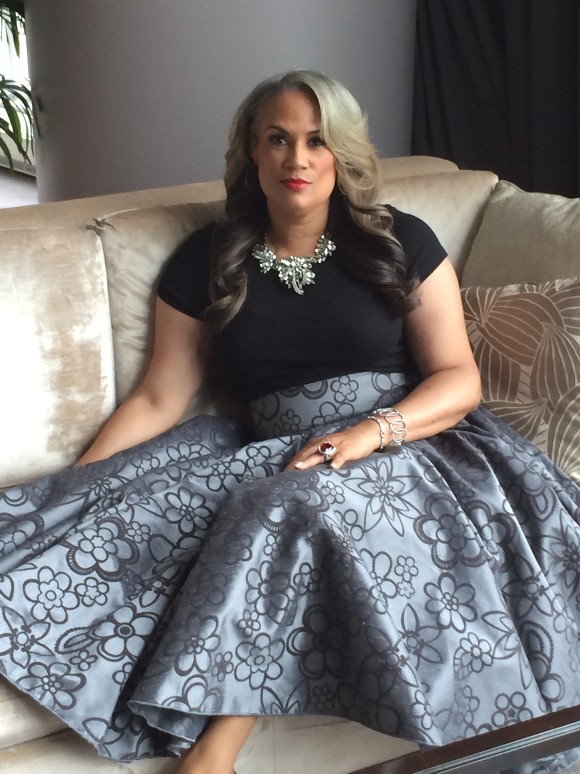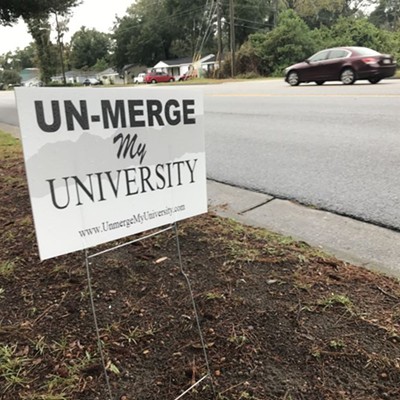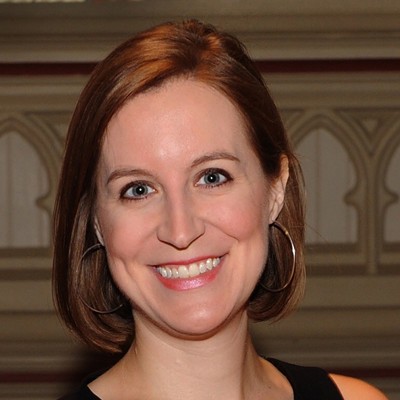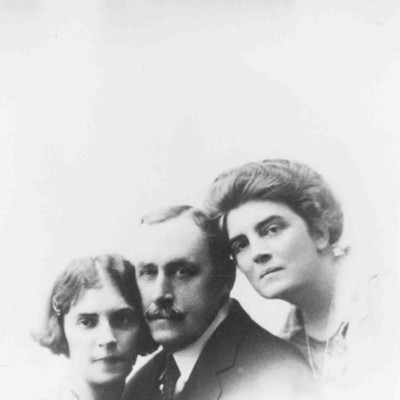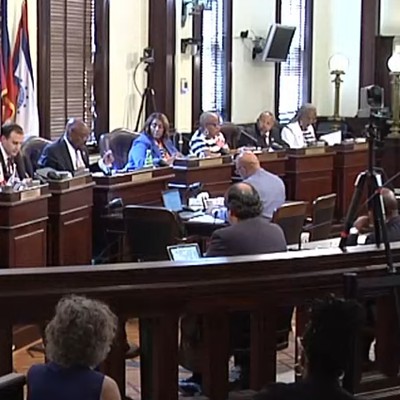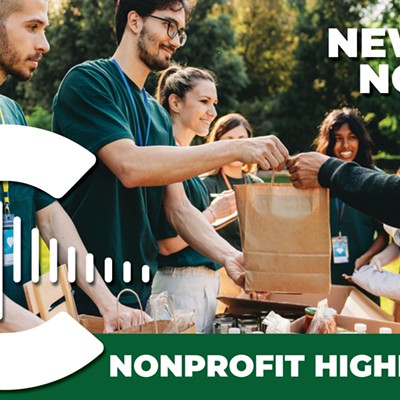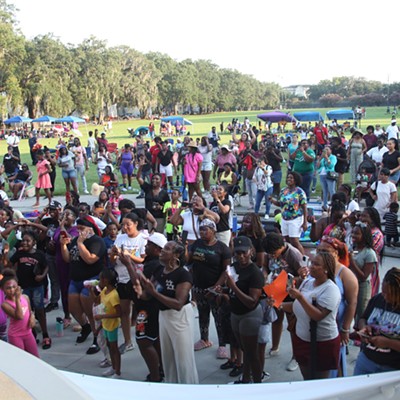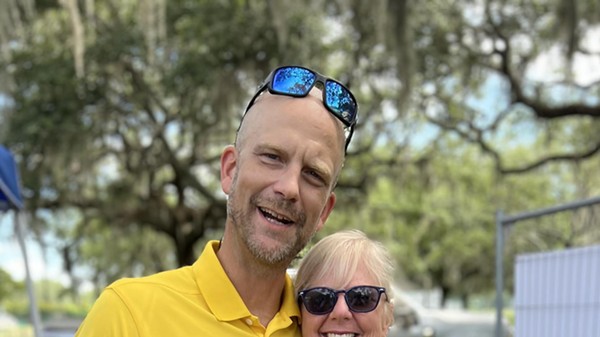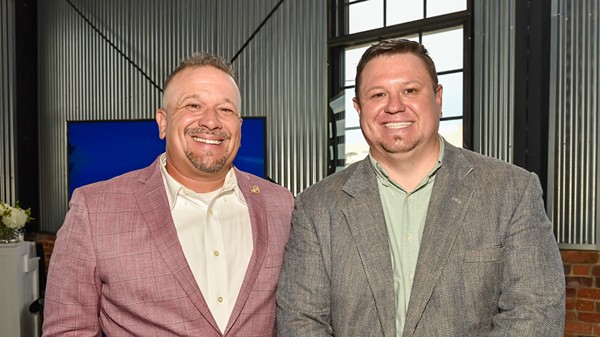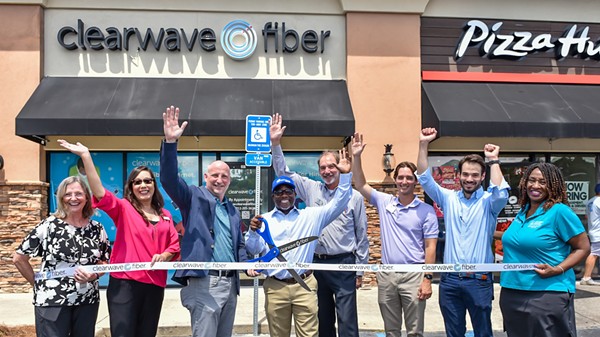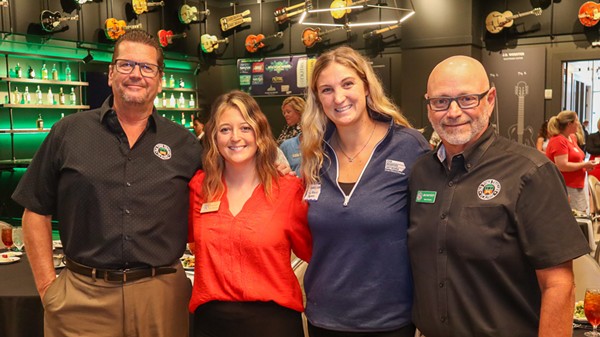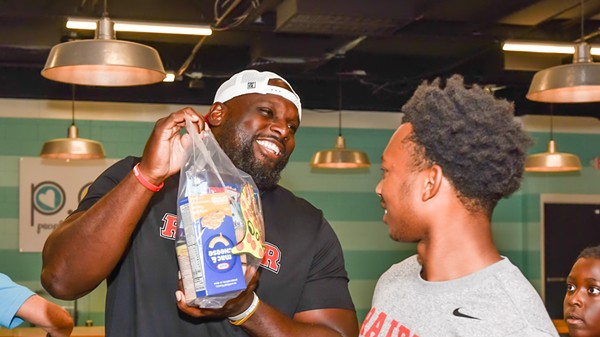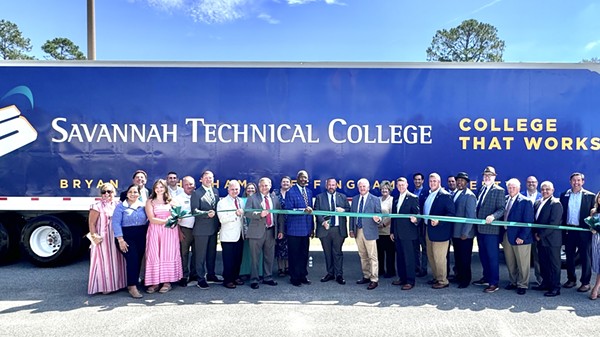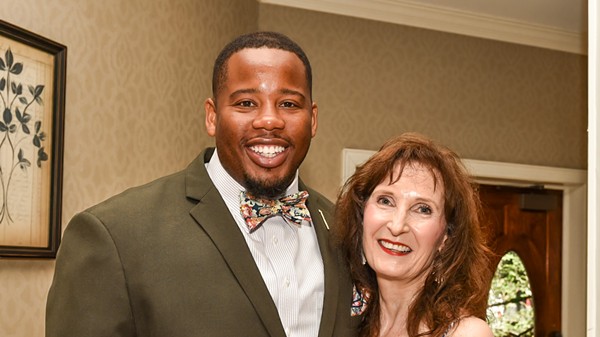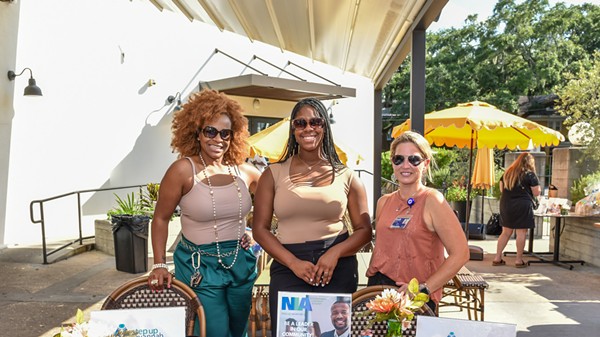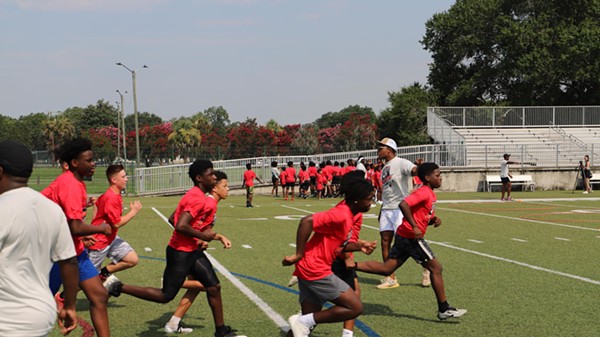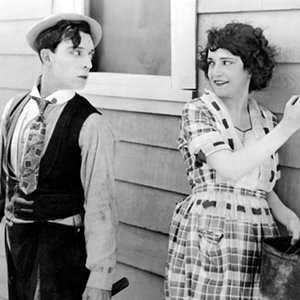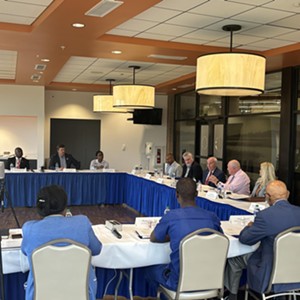BACK in 1986, rising political campaign consultant Rae Lewis-Thornton organized a blood drive for the Red Cross. She donated a pint herself, only to be informed that she tested positive for HIV. She was 23 years old.
Six years later, the virus had infected her with full-blown AIDS.
Instead of accepting what back then was a certain death sentence, Lewis-Thornton began sharing her story at time when no one wanted to believe it:
That an educated African-American woman who was drug-free and had had few sexual partners had contracted AIDS, and that anyone could.
Through her two and half decades of treatment—which has included the evolution of AIDS drugs—Lewis-Thornton has worked to dispel the myths and stigma surrounding the disease. She became a household name after she appeared on the cover of ESSENCE magazine in 1994 and has traveled worldwide on the lecture circuit, but acknowledges that interest in AIDS advocacy seems to have waned in the U.S. in the last few years—even though more than 1.2 million Americans are infected with HIV, and African Americans account for 44 percent of new diagnoses.
Though she didn’t expect to see her 40th birthday, the indefatigable writer and activist, now 53, continues to chronicle her fight for dignity and advocacy on Twitter and on her blog, Diva Living with AIDS. She is the author of two books, Amazing Grace: Letters Along My Journey and The Politics of Respectability.
Ms. Lewis-Thornton will be in Savannah on Monday, Nov. 30 to give a free lecture hosted by Armstrong State University’s Department of Criminal Justice, Social and Political Science.
The event is part of the #SayHerName Visiting Scholars Program, a collaboration that offers the public opportunity to hear nationally-acclaimed African-American women who have served as social justice activists and personal health advocates.
She spoke to Connect from her home in Chicago the same day Charlie Sheen announced his HIV+ positive status.
First of all, how are you today?
I’m good, I’m good today, thank you! I’ve got a million things to do, blog posts to write—a TV station is interviewing me at 6 o’clock.
Do you still struggle with symptoms on a daily basis?
Well, once you have an AIDS diagnosis, you always have an AIDS diagnosis. So I have that, but the HIV medicine has worked very well for me.
When the meds began to shift, when protease inhibitors came along, that really changed the landscape for everyone with HIV. I was fortunate enough to hang on to be able benefit from those meds. But at one point, I really was dying.
Today, the best way to describe it is that my symptoms are under control in terms of that my viral loads are undetectable, my T-cell count is great, and it’s very unlikely that I would have an opportunistic infection. But the only thing the meds do is keep HIV at bay, and I have little nagging things because my immune cannot repair itself.
Because I’ve aged with this disease, and because my immune system was so compromised, I tend to have more issues than the average person who would be diagnosed with HIV today and getting into treatment and care.
It’s probably too early to tell, but how will Charlie Sheen’s admission change the conversation about HIV?
I think that Charlie Sheen coming out is a good thing, because we’re talking about HIV on a day that isn’t World AIDS Day, right?
So it’s reminding people that this disease is still here and it creates a new avenue for people like myself. AIDS activists like me have to seize this moment—I’m all over Twitter and Instagram right now!
On the other hand, I’m engaging people on what is true and not true. People are having a real hard time accepting what this disease is today in 2015. There’s only so much you can explain in a soundbite.
Where do people need the most education?
People see HIV as in invitation to judge. There’s a lot of talk about “good AIDS” and “bad AIDS,” as if how you get it determines what kind of person you are and whether you deserve compassion.
Whatever we think about Charlie Sheen, that he’s misogynistic, etc., the climate around HIV is still awful. In 2015, for people to be saying the things that they’re saying, it looks like 1992.
Charlie Sheen spent four years hiding the secret of his diagnosis and paying millions of dollars to blackmailers—that’s wrong. He kept it a secret because he didn’t want people to judge him.
How do you direct the conversation away from the rude sensationalism to reduce the stigma of HIV?
Unfortunately, what people think they know about HIV has not advanced with the medical breakthroughs. We’re lagging in our understanding of HIV and people living with AIDS. In fact, the medical advancements have been so great that people tend to think this disease doesn’t exist anymore, which causes greater stigma.
In the South, the stigma is really huge and helps facilitate the cycle around HIV/AIDS: People won’t go get tested because they don’t want to know their HIV status, because who wants to deal with that in this climate?
About 38 percent people infected are infected by people who don’t know they’re infected. That drives cases up, and people don’t get treatment and care until later, when they’ve already made a transition to full-blown AIDS or are experiencing AIDS-related infections.
So a lot could change with this disease if we could just see it as an illness, not a plague. No one wants to be infected. There has to be some compassion around that. We have to stop shaming around HIV. There’s so much shaming around this disease.
What will you cover in your talk?
I’ll talk about how you become infected—which hasn’t changed—HIV still is sexually transmitted and passed through sharing needles.
And you can’t look at a person and know their HIV status, bottom line. Half of people between the ages of 13-24 do not know their HIV status.
Every time you lay down with a person, you make a choice about your life and your body. You have to decide to think beyond today. I try to convey that they have control over their bodies and they can make the best choice by wrapping it up.
The only thing that will keep you safe is no sex. But a condom used correctly 100 percent of the time will prevent the spread of HIV.
I’d like to say don’t have sex, but that’s not realistic!
What, you mean abstinence-only sex education doesn’t work? [feigns shock]
Abstinence-only sex ed is horrible. It's a disservice to our young people.
Over 54 percent of our youth have had at least one sexual partner by the time they’re 15. Young people are smart, so let’s give them all the information so they can make the best decisions for the bodies and lives. We do it with drugs, why can’t we do it with sex?
So what’s it like to be a post-50 diva?
Oh, I’m doing wonderful. I’m baaad. I'm a badass! Shonda Rhimes said so in her book The Year of Yes!
I’ve stood against the odds, I’ve stood against the shame and stigma around this disease, and I’ve done it with grace and dignity.
Regardless of what people think of me, I’ve done my life with my head up and given an example of how you can live strong with this disease.

